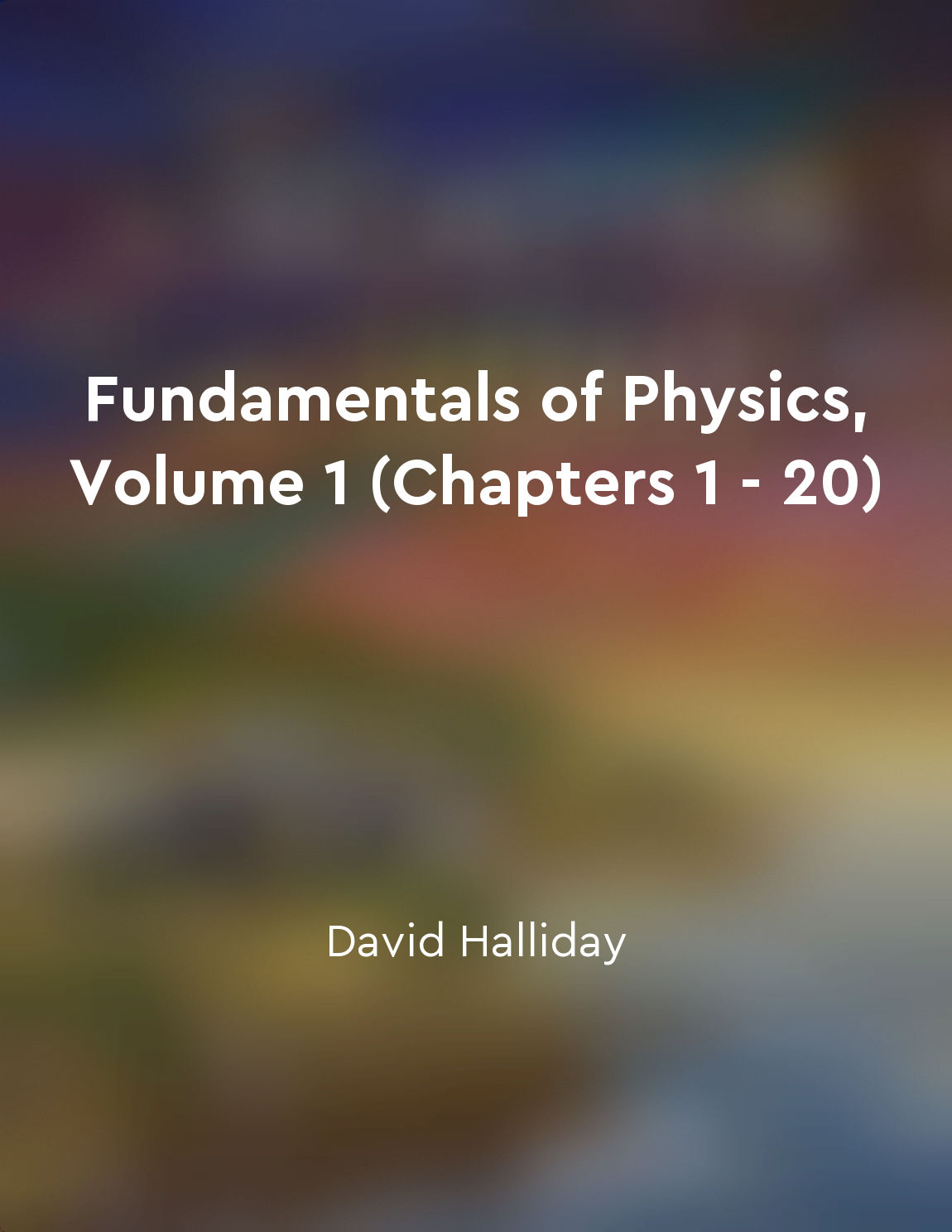The meter, kilogram, and second remain the basis of the modern metric system from "summary" of The Measure of All Things by Ken Alder
The meter, kilogram, and second have endured as the foundation of the contemporary metric system, standing the test of time as the essential units of measurement. These units serve as the core building blocks upon which the entire system is constructed, providing a standardized framework for quantifying various physical quantities. With their origins dating back to the late 18th century, these fundamental units have evolved and adapted over the years, yet their fundamental significance remains unchanged. The meter, originally defined as one ten-millionth of the distance from the equator to the North Pole, has since been redefined in terms of the speed of light. This revision has allowed for a more precise and universal definition of the unit, ensuring consistency and accuracy across different scientific disciplines. Similarly, the kilogram, originally based on a platinum-iridium artifact, has been redefined in terms of fundamental constants of nature, eliminating the dependence on a physical prototype susceptible t...Similar Posts
Change is inevitable and necessary for growth
The idea that change is both unavoidable and crucial for advancement is a fundamental truth of life. In our ever-evolving world...
Our perception of time is influenced by our individual experiences
Time is a strange and fluid concept that seems to slip away from our grasp the more we try to understand it. Each of us experie...
Notable works known for their length
When it comes to literature, there are certain works that stand out for their sheer length. These are the books that seem to go...
Delving into the complexities of quantum mechanics
Abraham Pais takes us on a journey through the intricacies of quantum mechanics, unraveling its complex nature with remarkable ...
The astronomers spent years collecting data for their measurements
The astronomers' pursuit of knowledge was a patient and meticulous endeavor that spanned many years. They dedicated themselves ...
Copernicus proposed a heliocentric model
In the sixteenth century, Nicolaus Copernicus put forward the revolutionary idea that the Earth is not the center of the univer...
Time is a flexible concept
Time, as we experience it, is not as fixed and constant as we may think. Our perception of time can change depending on our fra...

Motion can be described using the language of vectors
Motion, in its essence, is a fundamental aspect of the physical world that surrounds us. The motion of an object can be describ...
